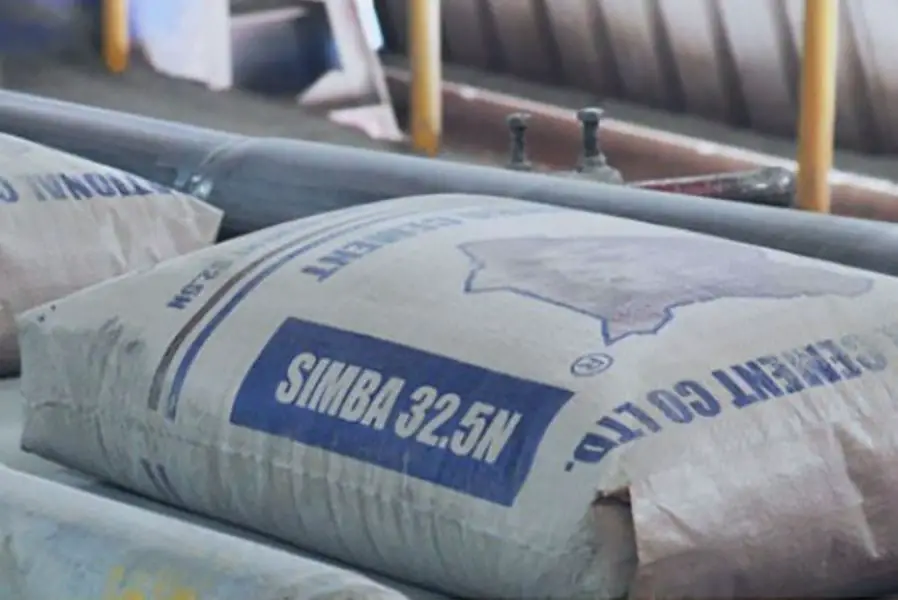Sanded vs Unsanded Tile Grout: Differences + Uses and Pros & Cons of Sanded vs. Unsanded
Sanded vs Unsanded Tile Grout: Differences + Uses and Pros & Cons of Sanded vs. Unsanded What is Sanded Grout? Sanded grout is a type of grout that has sand mixed into the dry powder, giving it a rough texture so you can see where the joints between tiles are. It creates an uneven surface […]






